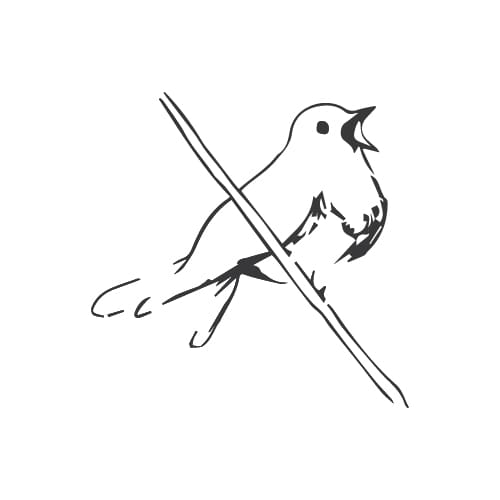The Girl With The Wooden Helmet
- Cassondra Windwalker, Nightingale
| As our first contribution to The Nightingale’s monthly prompts, this piece is a wise retelling of “The Girl With the Wooden Helmet,” originally of Japanese origin and based on the English version by Andrew Lang. Windwalker, in her new version, looks more closely at the sexual violence in the story, and in so doing brings greater truth to the details of the main character’s life. Instead of glossing over or shying away from the violence the heroine endures, Windwalker uses this retelling to add depth and autonomy to her experience. The details are sharp and pointed, and we’re so grateful for this piece that helps us think about survivors of sexual violence, and how to continue to tell their stories. |

The Girl With The Wooden Helmet
by
Cassondra Windwalker
A retold fairytale from Japan,
with thanks to Andrew Lang
Desperately ill, knowing that soon her child would be left undefended in the world, the widow drew her young daughter near.
“Promise me that you will always wear this wooden helmet. Let no-one see your face.” For the young woman was strikingly beautiful. Weeping, the daughter promised, and her mother died in peace.
The girl drew the helmet on her head and went to work in the fields. The work was strenuous and long, and she grew stronger every day. In her loneliness, she grew brave. She was poor, but she was free.
Even the wooden helmet could not disguise her well enough to deter the men who worked in the fields with her, however. Her mother would have wept had she known how her daughter was tormented daily at her duties. Men spoke to her mockingly, demanding that she tilt up her head so they could see her smile. With leering eyes, they watched her labor, laughing to each other as they described what they wanted to do to her. They brushed up against her as they passed, groping her through her clothes. She bent her head and worked twice as hard, but they would not stop.
One day, as she worked, she drew near to the edge of the trees. One of the men waited there, and seizing his moment, he dragged her into the woods. She did not cry out for help, certain that more men coming would only mean more violation. She fought, but as strong as she had become, she was not strong enough. She set her teeth and raised her eyes, gazing at the wood grain of her helmet, until it was over.
The son of the master who owned the field often came to observe the work. The men fell quiet when he approached, keeping their heads down and their hands busy. The son was struck by the diligence and quiet spirit of the girl with the wooden helmet. Intrigued by her, he would fall in to labor beside her. Soon he forgot his curiosity about her face, enchanted instead by the long conversations they would share as they worked. The workers, dismayed by her favor, only tormented her more when he was gone. Still she returned every day, refusing to let them imagine her afraid.
One day the master’s son asked her to marry him. His family was appalled, but he could not be swayed. When the wedding day arrived, his sisters helped her dress and ready herself for the ceremony. To their horror and dismay, the wooden helmet could not be removed. Her hair had grown around it, and their efforts only injured her. The master’s son heard her crying out and came to see what the trouble was.
“Leave her be,” he told his sisters. “It is part of the woman I love. No-one else has the right to take it from her.”
Beneath the helmet, the girl smiled through her tears. She did not know how to take it off, after all this time, but it was enough that even with it permanently on her head, she was beautiful to him.
A great feast was held, and the field workers watched angrily from a distance. In his generosity, the master’s son had offered to invite them, but the girl in the helmet had refused to welcome them to her betrothed’s house. He did not know what dishonor they had done; still, he accepted her wishes. As music played and the guests ate and drank, the groom raised his bride’s hand and kissed her palm.
A terrific crack sounded through the hall, and the wooden helmet fell in pieces to the table. Stunning gems of enormous size and luster spilled from the wooden shards. For the first time, the master’s son gazed full on the face of his beloved. He saw the shadows in her eyes and loved her more. She gathered up the jewels and filled her skirt with the riches.
“A dowry,” said the master’s mother, pleasure in her greedy eyes.
“No,” said the girl. “These are for my sisters, for the other women still trapped in the fields. I must help them find the way out.”
The master’s son silenced his mother, who would have argued. Together he and his new wife shared their riches and their joy, and if they are not yet dead, why, they live in great happiness still.
The End
*
Cassondra Windwalker has lived in Oklahoma, Indiana, and Colorado, and presently writes full time from the Alaskan coast. Her short form work can be found in numerous literary journals and art books, and she has published two novels and full-length work of poetry. You can follow her on Twitter @WindwalkerWrite

